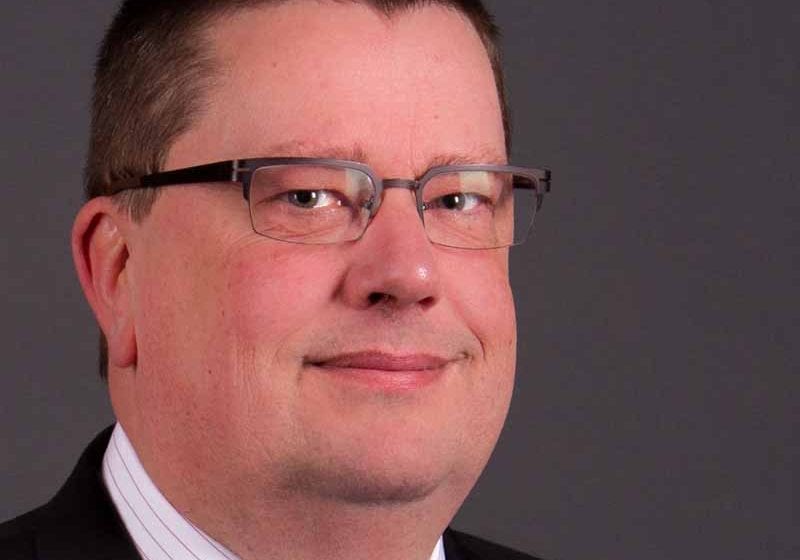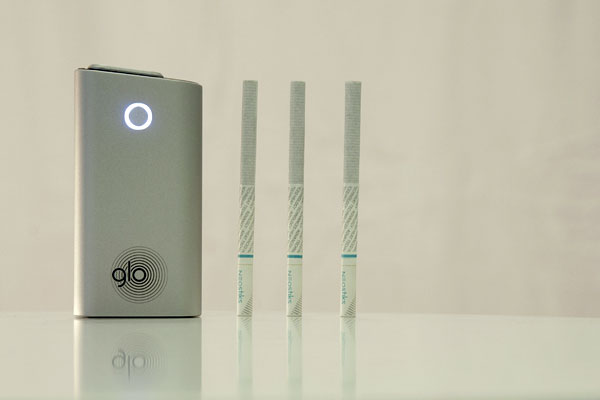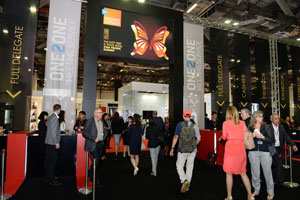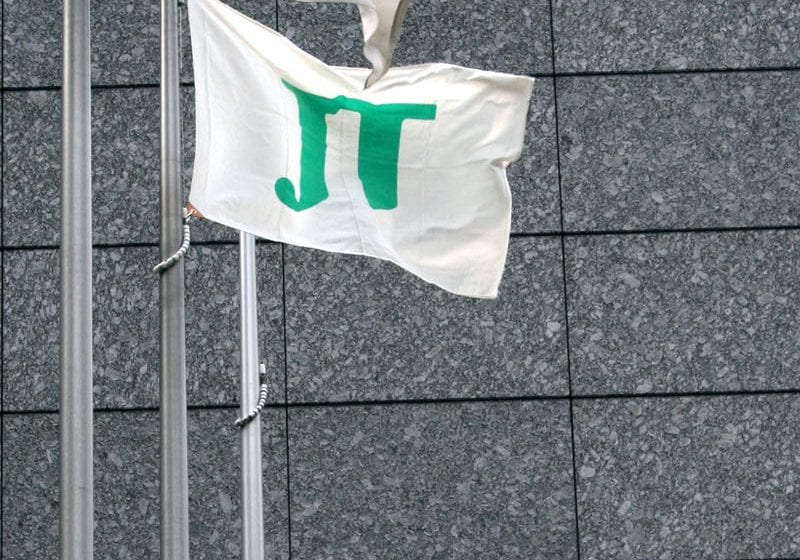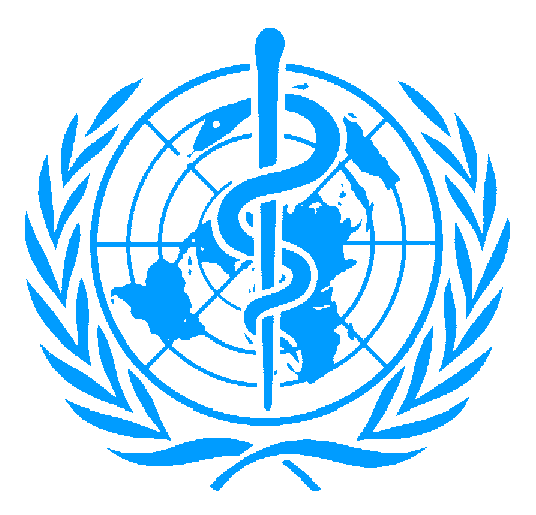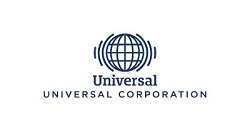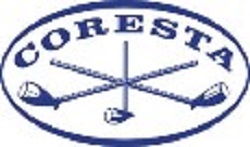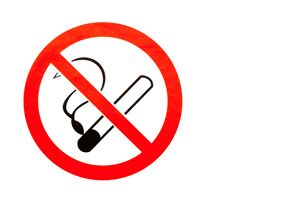The outlook for global leaf-tobacco market-conditions in fiscal year 2018 are positive, with good early weather patterns supporting better global growing conditions than occurred in the previous year, according to the CEO and president of Alliance One International, Pieter Sikkel, in yesterday reporting results for the company’s fourth-quarter and fiscal year 2017.
Full-year sales were reportedly down by 10.0 percent to $1,714.7 million mainly because of smaller crops in the US, Brazil and Tanzania, primarily caused by El Niño weather conditions, the strong US dollar, changes in product mix and the timing of crops.
Gross profit as a percentage of sales improved to 12.7 percent from 11.9 percent, while gross profit fell by 3.9 percent to $217.0 million due to lower volume and average sales price.
The net loss was $62.9 million, while adjusted EBITDA was $136.6 million or 8.0 percent of sales.
“With our heavy weighting in Brazil, the United States and Tanzania – three crops that were hit hardest by El Niño and had related reductions in crop size and yields and consequently increases in conversion cost – we were significantly impacted in fiscal 2017 by unusual and uncontrollable events, which overshadowed substantial improvements in many origins and targeted improvements to the balance sheet,” said Sikkel…
“As we look to fiscal year 2018, global market conditions are positive with good early weather patterns that support better global growing conditions. These conditions should result in increased crop sizes in Brazil and Argentina.
“We have almost completed buying in Zimbabwe and are approximately 65 percent complete in Brazil.”
Sikkel said the 2016 Brazilian Virginia flue-cured crop was small, at about 410 million kg, but that the good-quality 2017 crop was about 50 percent bigger, at 600 million kg.
The Malawi crop was smaller this year while the US crop was only now in the ground.
“Based on current conditions, our internal forecast anticipates significantly increased full-service and processing volumes, improved sales and pricing, as well as improved adjusted EBITDA for fiscal year 2018 when compared to fiscal 2017,” said Sikkel.
“Sales are anticipated to be in a range of approximately $1,900.0 million to $2,000.0 million with adjusted EBITDA in a range of approximately $165.0-$185.0 million.”

